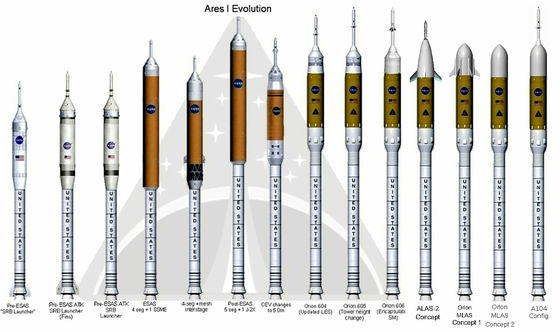What is the reason why humans have not set foot on the moon for over 45 years?

In 1969, the American Apollo mission enabled humans to set foot on the moon for the first time, approximately 380,000 kilometers from Earth. However, although a total of 12 people walked on the moon during six landings during the Apollo program, no manned exploration of the moon has been conducted since
Astronauts explain why humans haven't returned to the moon in decades - Business Insider
http://uk.businessinsider.com/moon-missions-why-astronauts-have-not-returned-2018-7
During the Cold War after World War II, the United States and the Soviet Union were competing in the field of space development. In 1961, the Soviet Union's Vostok 1 succeeded in the world's first manned space flight, and crew member Yuri Gagarin became the first human astronaut to fly out of the atmosphere. In response to this, the 35th President of the United States, John F. Kennedy, announced the launch of the ``Apollo Program'' to bring humans to the moon. In July 1969, Apollo 11 landed on the moon, marking the first time humans successfully set foot on the moon.

Since then, the Apollo program has sent humans to the moon six times. The last mission to explore the moon was Apollo 17 in December 1972, which included a geologist on board and brought back 34 kg of samples. The image below is a photo of Captain Eugene Cernan who landed on the moon with Apollo 17 on December 13, 1972, but humans have not walked on the moon since this mission.

Plans for manned lunar exploration have been shelved primarily because of cost issues. According to a report by NASA in 2005, it would cost $133.3 billion (approximately 14.8 trillion yen) over 13 years to restart the moon exploration plan. In fact, the Apollo program is said to have cost approximately 120 billion dollars (approximately 13.3 trillion yen) in current value. Walter Cunningham, an astronaut on
In addition, exploration plans are greatly influenced not only by the budget but also by the president's policy direction. For example, in 2004, the Bush administration launched the Constellation Project, a space exploration project using the disposable rocket Ares . However, the plan slowed down due to cost reductions, costing $9 billion (about 1 trillion yen), and the Constellation Plan was abolished during the Obama administration in 2010. However, at the end of 2017, President Trump declared that he would once again aim to build a base on the moon .

Apart from budget and political considerations, the harsh environment of the moon is also one of the reasons why lunar exploration plans are not carried out. For example, the moon's surface is covered with a very fine dust-like substance called '

For economic, political, and technical reasons, humans have not explored the lunar surface for over 45 years since the Apollo 17 mission. On the other hand, private space companies are growing rapidly, with SpaceX planning a manned lunar orbit flight in 2018 , and Vodafone and Nokia announcing the construction of a 4G communication network on the lunar surface . Amazon CEO Jeff Bezos founded the aerospace company Blue Origin and announced the Blue Moon program, a plan to land on the moon by 2023. The first manned moon landing of the 21st century may be carried out by a private company rather than by NASA.
Amazon may be able to deliver to the moon by 2023 - GIGAZINE

Related Posts:
in Note, , Posted by log1i_yk







